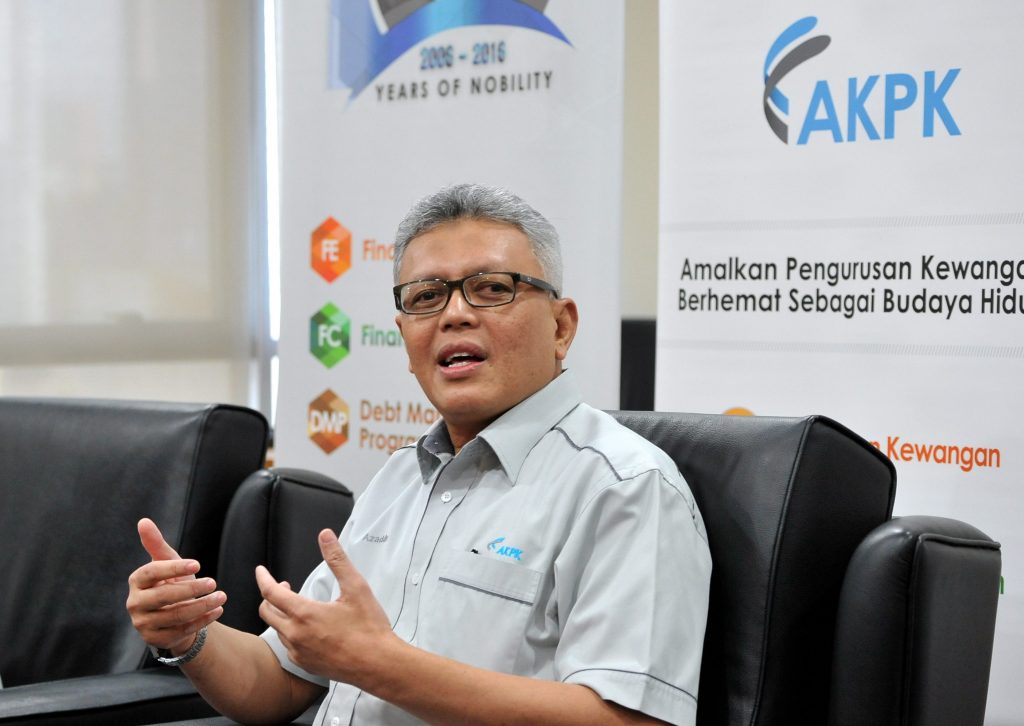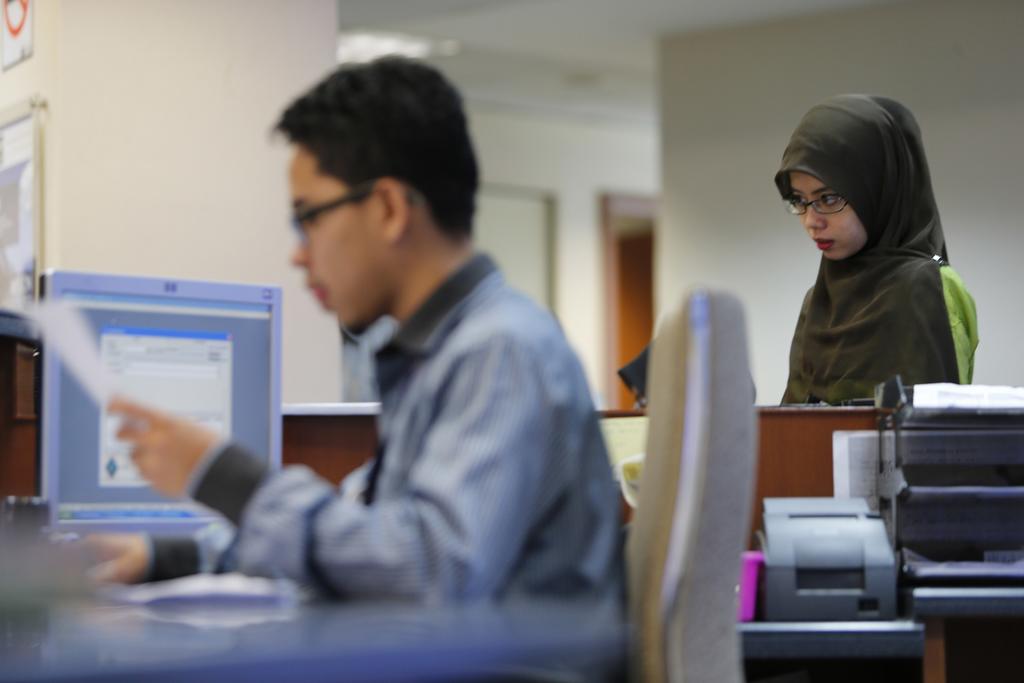3 Out Of 10 Working Malaysians Had To Borrow To Buy Essential Items In The Last 6 Months
The financial well-being of those polled in the survey was at dismal levels.
In a survey earlier today, 15 November, Agensi Kaunseling dan Pengurusan Kredit (AKPK) revealed that 3 out of 10 working adults had to borrow money to buy essential goods in the past six months
While the AKPK survey, first reported by The Star Online, didn't go into details about the specific items that it considered "essential items", the inaugural financial behaviour survey polled over 3,500 working Malaysians, during its January to July 2018 period.
Basically, its 28% out of the 3,540 people between the ages 20 and 60 who were surveyed by AKPK who couldn't buy essential items with their own money.
Deputy Prime Minister Wan Azizah Wan Ismail launched the survey report today during AKPK'S inaugural Financial Literacy Symposium 2018.
Additionally, two out of 10 Malaysian working adults were unable to save even a single sen in the last six months, the survey found
AKPK CEO Azaddin Ngah Tasir said that 53% of those in these categories earned less than RM2,000 and could not afford RM1,000 emergency expenses.
"We found that on average, the Malaysian working adult has not reached the comfortable level of wellbeing," Azaddin was quoted as saying by Malay Mail, adding that the financial well-being of the respondents was at dismal levels with two out of 10 working Malaysians saving less than 5% of their monthly income.
"Many do not set aside money for emergency needs and medical expenses, and they would not be able to cover three months' expenses if retrenched," said Azaddin.
There were two groups that the AKPK survey focused on
The self-employed and those earning below RM2,000 monthly.
"These are the most vulnerable as they are most challenged in terms of financial well-being," The Star Online quoted the AKPK CEO as saying, who added that a high cost of living was the main reason why many working adults in Malaysia were unable to save.
Shockingly, its the government employees who formed the highest percentage of borrowers of personal loans, the survey found
Azaddin said those who worked for the armed forces, police and other law enforcement agencies were among those who scored the lowest in its financial security checks.
Additionally, even the ones employed in the agriculture sector faired the same.
"There are people who managed to save but only a minimal level of 5 to 10% of their monthly income," he said, adding that consumers with very little understanding of their personal finances would continue to suffer financially in the long run.
File photo of employees inside the Land Public Transport Commission (SPAD) office in Putrajaya.
Image via TODAY Online via Reuters

